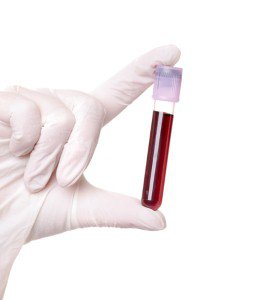If you weren't trying to conceive and you're still not 100-percent sure who the father of your baby is, you can rest assured you're not alone. It's completely normal for a single woman to have multiple partners, and sometimes pregnancy happens without you planning for it. But now that you're expecting a baby, you're probably wondering who helped you make it.
Of course, knowing who the father is can provide you peace of mind. Who wants to play the guessing game when it comes to something so important? Discovering your child's parentage is also useful because you may be able to get legal and social benefits like financial support and veteran's benefits. Additionally, knowing the identity of your child's father can help contribute to their complete medical history in the future.
So what are your options for paternity testing if you want to find out before the baby is born? Luckily, there are a few different methods that can be used to determine who fathered your baby, and they can be conducted relatively early in your pregnancy. Here are the different prenatal paternity tests and how they work.
Amniocentesis
This test is usually conducted during the second trimester. During the procedure, a sample of amniotic fluid is collected with a small needle that's inserted through the abdomen and into the uterus, which is then sent to a laboratory. You should know that there are risks involved (although they are rare), including miscarriage, harm to the baby, vaginal bleeding and loss of amniotic fluid.
Chorionic villis sampling (CVS)
During this test, a thin needle or tube is inserted into the uterus through the vagina, using an ultrasound for guidance. Tissue from the uterus wall (chorionic villi) is then collected, which has a genetic makeup that's identical to the fetus because it came from the same fertilized egg. This test can be conducted earlier in pregnancy.
SNP microarray
This new technology is a non-invasive procedure that requires only a blood test from the mother. The baby's DNA is present in your blood and it can be detected anytime after the 9th week of pregnancy.
